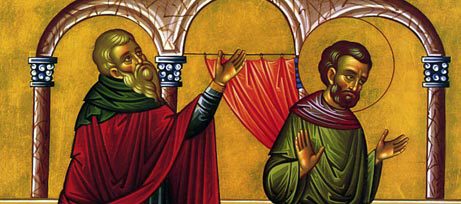by Lois Tverberg
Do not store up for yourselves treasures on earth, where moth and rust destroy, and where thieves break in and steal. But store up for yourselves treasures in heaven, where neither moth nor rust destroys, and where thieves do not break in or steal; for where your treasure is, there your heart will be also. Matthew 6:19-21
(This story was adapted from a rabbinic parable.)
Once upon a time there was an old pastor who had served the Lord faithfully all of his life. He had an anointed ministry, and people found his prayers were powerful and effective. When he prayed for the sick, they often were healed. But with all of that, he was extremely poor, and he and his wife struggled daily to get by on almost nothing.
One day when they were out walking, after they had seen yet another person healed, his wife said to him, “God certainly must have prepared a rich reward for all of your years of work when you get to heaven, and he always seems to listens to your prayers. Why don’t you ask the Lord to give us just a tiny bit of your heavenly reward here on earth so that we don’t have to live in such terrible poverty?” The pastor thought this was a good idea, so right there the two of them asked the Lord to let them have a little something from what God prepared for them early, while they were still alive.
Immediately the sky opened above them, and a table leg made out of gold fell to earth right in front of them. They rejoiced and thought of all the things they could buy with this gift from God. The next morning, the pastor looked very troubled and his wife asked him what was wrong. The pastor said, “Last night I had a dream that we were sitting at a great banquet in heaven, and every family had its own table to sit around. But ours was missing a leg so that it tilted and wobbled terribly!” His wife sat down and considered this a long time. She finally said, “In that case, we must go quickly and ask the Lord to take back the gift he gave us yesterday.”
They prayed, and immediately the heavens opened, and the table leg rose back up into heaven. And this was the greatest answer to prayer of all.*
(I saw the point of this parable after I became friends with some pastors in Uganda who live in great poverty but have wonderful ministries. Where I live, there are many who do similar good work, but have a comfortable, prosperous life here in America. After seeing all the trials that my poorer friends go through, I think, personally, that the Lord will reward them for all the things they lived without in order to serve him.)
*Adapted from “The Two Legged Table” from the book Theology in Rabbinic Stories by Chiam Pearl, Hendrickson, 1997
Photo: Yelkrokoyade



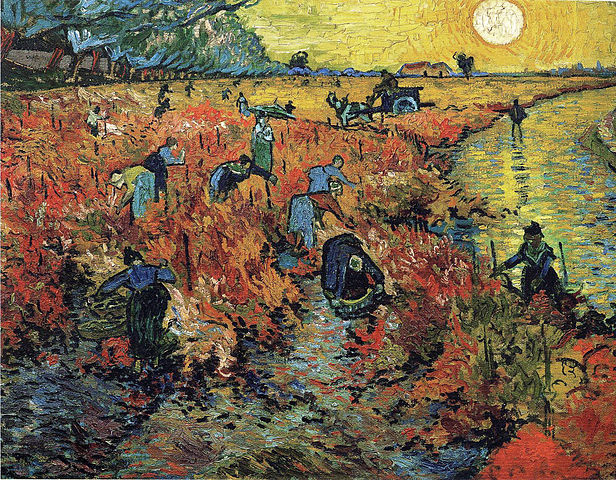
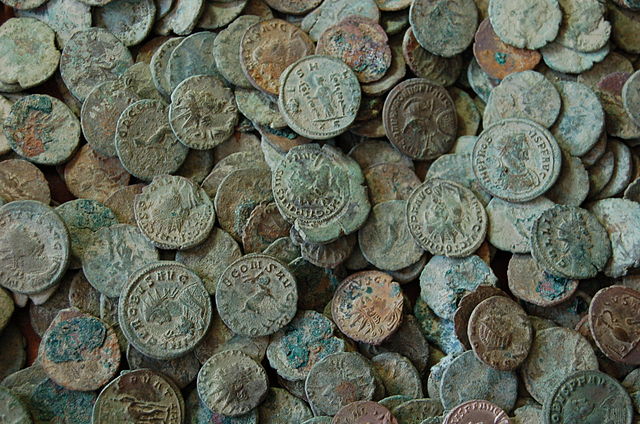 One thing to note is that the rich man probably lived far away and employed the manager to keep track of his loan repayments. Loan managers, like tax collectors, were paid commissions from the accounts that they oversaw. Thus, the more they could collect from the debtors, the more they earned.
One thing to note is that the rich man probably lived far away and employed the manager to keep track of his loan repayments. Loan managers, like tax collectors, were paid commissions from the accounts that they oversaw. Thus, the more they could collect from the debtors, the more they earned.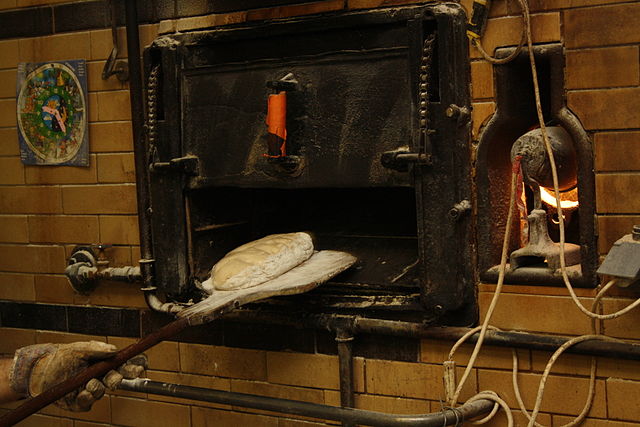 It is interesting that he uses “leaven” in a positive way, when it is uniformly used negatively throughout the Bible. This may be because of how leavening was done in biblical times. To make bread dough rise, a lump of old, fermented dough from the day before would be mixed into the new lump of dough. This deliberate contamination was what caused the bread to rise. Outside of this parable, the image is always negative.
It is interesting that he uses “leaven” in a positive way, when it is uniformly used negatively throughout the Bible. This may be because of how leavening was done in biblical times. To make bread dough rise, a lump of old, fermented dough from the day before would be mixed into the new lump of dough. This deliberate contamination was what caused the bread to rise. Outside of this parable, the image is always negative.
 “What is the kingdom of God like? What shall I compare it to? It is like a mustard seed, which a man took and planted in his garden. It grew and became a tree, and the birds of the air perched in its branches.” Luke 13:18-19
“What is the kingdom of God like? What shall I compare it to? It is like a mustard seed, which a man took and planted in his garden. It grew and became a tree, and the birds of the air perched in its branches.” Luke 13:18-19



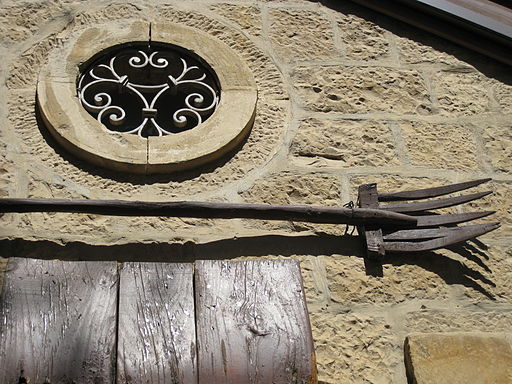
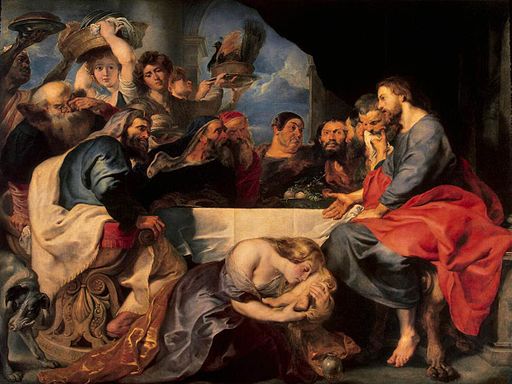 It is interesting to relate this idea to another one that Jesus used in his ministry – the Year of Jubilee. During the Year of Jubilee in Israel, all debts were to be forgiven, and any land that a family had been forced to sell in a time of famine could be reclaimed by them. It is interesting that the prophets and rabbis connected this thought of the year of Jubilee with the coming of the Messiah. In fact, one of Jesus’ first public statements about his ministry was to quote Isaiah 61, which says that he was anointed to proclaim “the year of the Lord’s favor,” meaning, the Jubilee year (Luke 4:19).
It is interesting to relate this idea to another one that Jesus used in his ministry – the Year of Jubilee. During the Year of Jubilee in Israel, all debts were to be forgiven, and any land that a family had been forced to sell in a time of famine could be reclaimed by them. It is interesting that the prophets and rabbis connected this thought of the year of Jubilee with the coming of the Messiah. In fact, one of Jesus’ first public statements about his ministry was to quote Isaiah 61, which says that he was anointed to proclaim “the year of the Lord’s favor,” meaning, the Jubilee year (Luke 4:19).